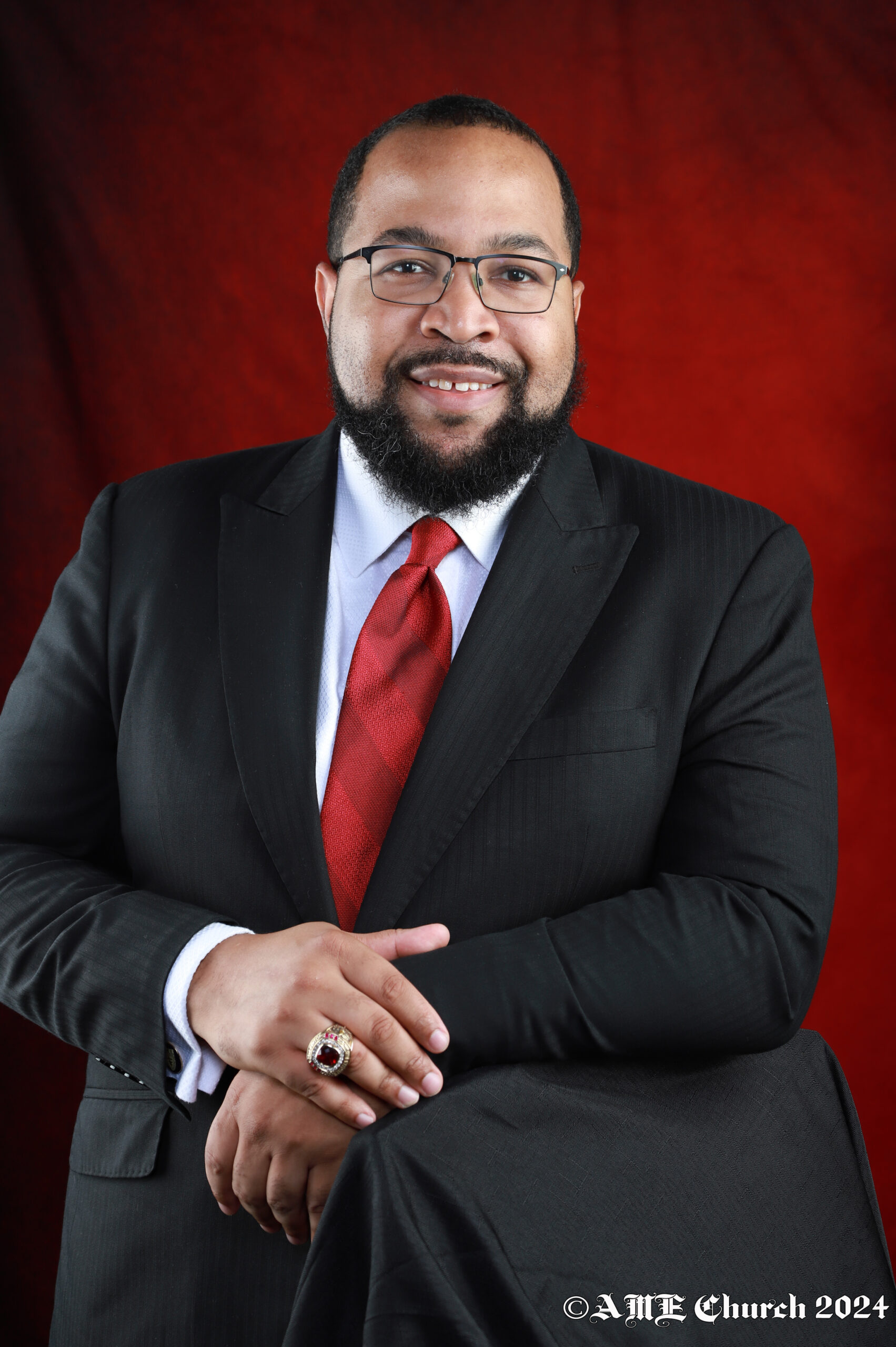
By John Thomas III (as seen in Broadview Magazine)
| November 7, 2024
By the time I went to bed on Nov. 5, the re-election of Donald J. Trump as the 47th President of the United States was almost a foregone conclusion. So it was no surprise when I woke the next morning to dozens of messages from my international family and friends with thoughts, questions and concerns.
“America is shifting…how do you feel?”
“The world will still keep moving.”
“How can Christians support Donald Trump?”
The last question stuck with me as I walked outside my condo in South Carolina and was warmly greeted by my neighbour in his “Make America Great Again” hat.
According to CNN exit polls:
- Protestant/Other Christians favoured Trump to Vice-President Kamala Harris, 63 percent to 37 percent.
- Catholics preferred Trump to Harris by a lesser margin, 58 percent to 40 percent.
- Among white evangelicals, the gap widens to 83 percent for Trump to 17 percent for Harris.
- White Christians in other Protestant denominations, however, preferred Harris by 57 percent to Trump’s 40 percent.
- Among Black Christian voters, Harris was the candidate of choice by far with 85 percent favouring her compared to 13 percent for Trump.
- Latino Protestants (who are mostly evangelical) preferred Trump to Harris by 64 percent to 34 percent.
- Latino Catholics similarly preferred Trump to Harris by 53 percent to 46 percent.
So, what is going on with American Christianity?
Race and racism are deeply embedded in the Christian faith environment of the United States. Martin Luther King Jr. famously commented, “We must face the sad fact that at eleven o’clock on Sunday morning when we stand to sing ‘In Christ there is no East or West, we stand in the most segregated hour of America.”
This country has a long history of racial divides influencing its faith landscape. When pastors were allowed to preach to enslaved people on plantations in the South, they were encouraged to emphasize Paul’s directive to Onesimus to obey his earthly master (Colossians 3:22). A special “Slave Bible” was marketed — with passages related to freedom and rebellion excised. My own denomination, the African Methodist Episcopal Church, began in 1816 following prejudice from white members of a Methodist church.
Legal segregation and Jim Crow Laws shaped worship patterns in the 20th century. Even adherents of the Pentecostal movement, which was birthed as an interracial revival in the early 1900s, quickly realized the need for separate Black (Church of God in Christ) and White (Assembly of God) denominations. Black Churches organized to fight for Black rights, but their buildings and clergy were often attacked for disturbing the racial order. Indeed, at one point, the only Christian denomination in the United States that was not segregated was the Roman Catholic Church.
The rise of white evangelicals is an outgrowth of the intersection of race and religion in the United States. In the 1800s, the Methodist Episcopal Church and the Triennial Baptist Convention split over whether clergy could own slaves. At the height of the Civil Rights movement, white Southern clergy preached against integration as challenges to God’s natural order. One of these preachers, Rev. Jerry Falwell Sr., would go on to form the Moral Majority — an organization that galvanized white evangelicals politically. Throughout the 1980s, the Moral Majority’s influence in the Republican Party grew as it proved its ability to turn out votes while influencing policy decisions in a variety of areas from abortion, to the Middle East, to public school curriculum . The clout of the Moral Majority coincided with the growth of evangelicals throughoutAmerica; evangelical currents began seeping into mainline denominations like the United Methodists, Presbyterians, Episcopalians and others. Even Catholicism began to take a conservative tilt.
The evangelical embrace of Trump is in keeping with the political and theological aims of these churches. He is seen as a messianic figure who will restore America to a perceived nationalistic Christian ideal. After his first assassination attempt, Trump stated, “Many people have told me that God spared my life for a reason. That reason was to save our country.” By appointing Supreme Court justices who overturned Roe v. Wade, steadfastly defending the Israeli state, and denouncing LGBTQ+ rights, Trump carries out key evangelical priorities. This is their vision of God’s kingdom on earth.
In a conversation with a friend about a decision taken in a meeting, I stated, “I just don’t understand how this happened?” My friend responded, “You do understand. The issue is that you do not agree.”
Similarly, I do understand how white evangelicals can embrace Donald Trump. I do not, however, agree. Around the world, we have seen what happens when Christianity is weaponized. My hope and prayer are that God’s will truly is done, and that we remember the words of Jesus from the Beatitudes, “Blessed are those who hunger and thirst for righteousness, for they will be filled.”
***
John Thomas III is the editor of The Christian Recorder, the official newspaper of the African Methodist Episcopal Church and the president of the Associated Church Press. He is also an assistant professor in the political science department at the College of Charleston in Charleston, S.C.